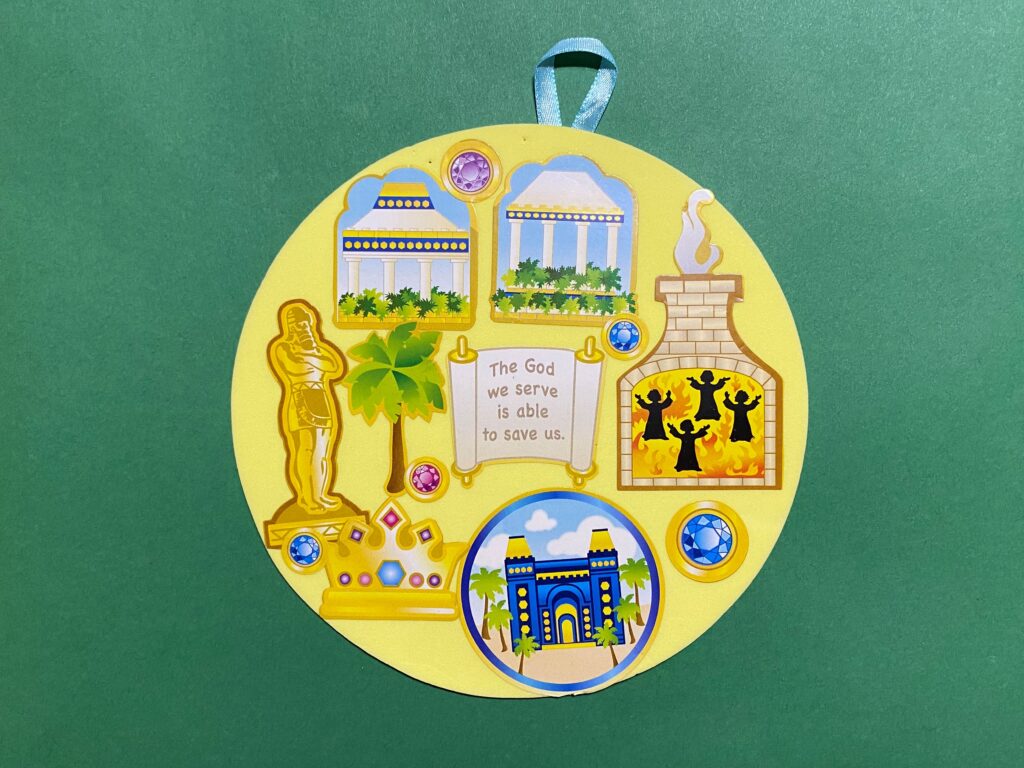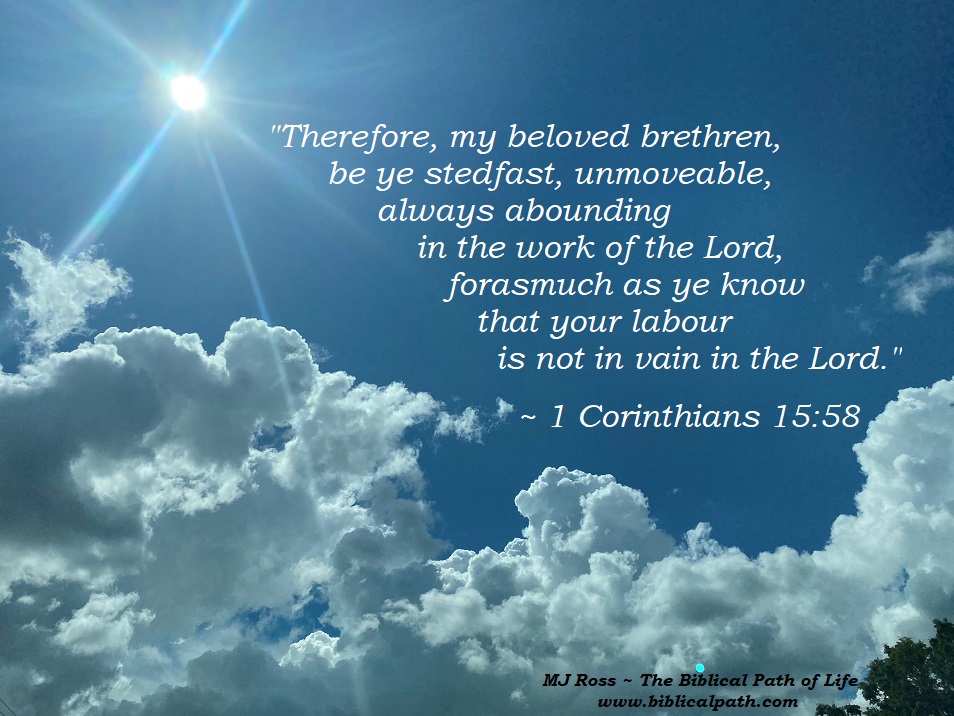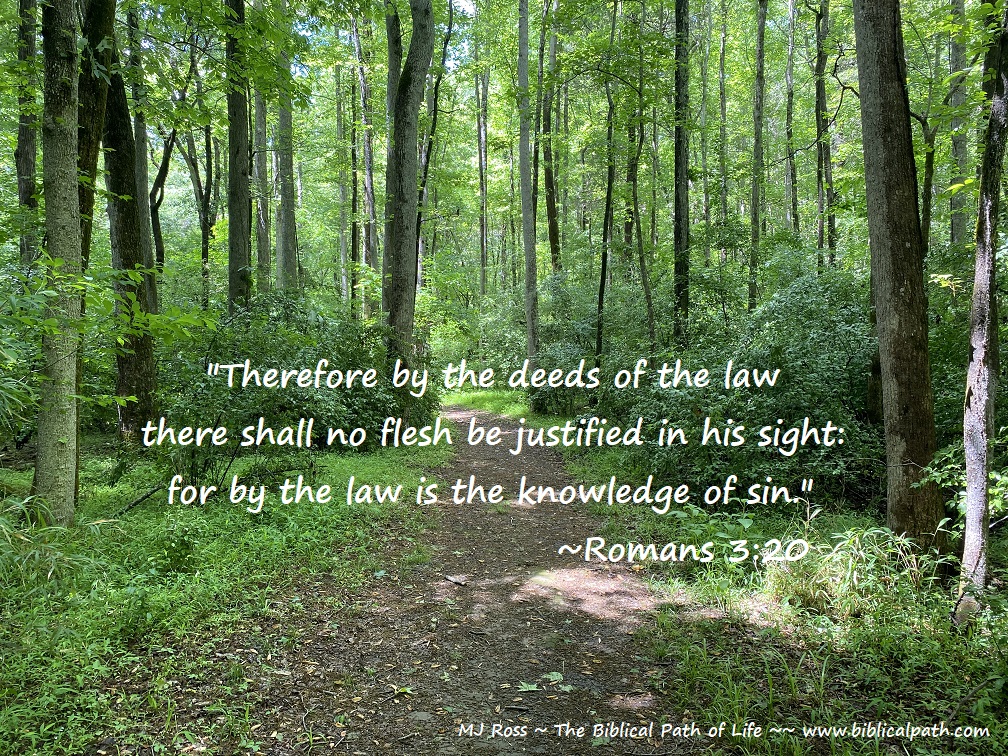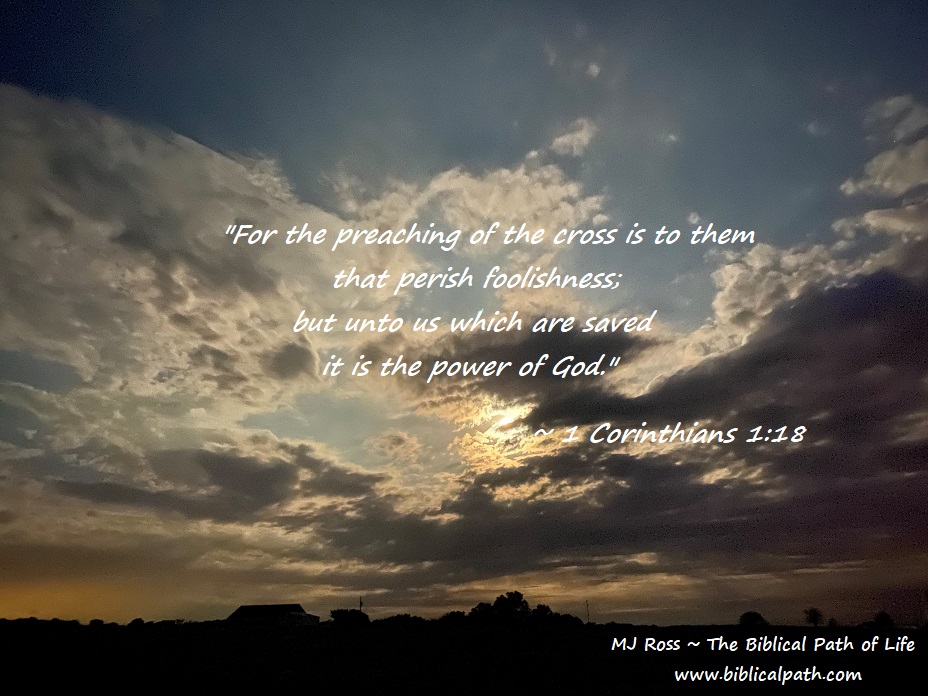
Isaiah 59:2
Excerpt from Year Two Quarter Three, Lesson 3: Isaiah 40-66: Grace and Salvation
“This section begins with a pointing out of the people’s sin. “Cry aloud, spare not, lift up thy voice like a trumpet, and shew my people their transgression, and the house of Jacob their sins” (Isaiah 58:1). Especially notice what the people had been doing. “Yet they seek me daily, and delight to know my ways, as a nation that did righteousness, and forsook not the ordinance of their God: they ask of me the ordinances of justice; they take delight in approaching to God” (Isaiah 58:2). They had been seeking God and His ways – daily. Moreover, they were going to the Temple when required and performing their duties. We can understand that outwardly it appeared they were doing everything right: they were seeking after God, wanting to know His ways, going to the Temple, and doing what they were supposed to do. However, from God’s perspective, they were sinners who needed their sin declared aloud. Knowing what sin is was not enough. Going through the motions of religion was not enough. There was a serious problem! God was not pleased. “4b. … ye shall not fast as ye do this day, to make your voice to be heard on high. 5. Is it such a fast that I have chosen? a day for a man to afflict his soul? is it to bow down his head as a bulrush, and to spread sackcloth and ashes under him? wilt thou call this a fast, and an acceptable day to the LORD?” (Isaiah 58:4b-5)…
“God wanted to see a people humbled before Him, seeking forgiveness for their sins. This would change their whole outlook. “Then shall thy light break forth as the morning, and thine health shall spring forth speedily: and thy righteousness shall go before thee; the glory of the LORD shall be thy rereward” (Isaiah 58:8). Then God would hear them and answer them (see Isaiah 58:9-14).
“God’s people had not yet learned how to do it correctly. Nevertheless, that could not stop God from doing all he planned. “Behold, the LORD’S hand is not shortened, that it cannot save; neither his ear heavy, that it cannot hear” (Isaiah 59:1). It was God’s people in the error. “But your iniquities have separated between you and your God, and your sins have hid his face from you, that he will not hear” (Isaiah 59:2). They were a sinful people, and everything they tried to do to become a righteous people failed. God was warning them again that because of their sinfulness, the enemy would come in and take them away from their homeland. But one day, in the distant future, God gives hope again, of one who can take their sin from them. “And the Redeemer shall come to Zion, and unto them that turn from transgression in Jacob, saith the LORD” (Isaiah 59:20). And this verse introduces us to what the rest of the book of Isaiah is all about.
“Remember back for a minute. We read that God’s glory filled the Tabernacle when Moses completed it in the wilderness (see Exodus 40:34). God’s glory also filled the Temple that King Solomon built (see 2 Chronicles 5:14). We will read in Ezekiel how God’s glory departed before the coming invasion of the Babylonians to carry God’s people out of the land. Do you remember why the glory of the Lord departed? The people sought idols instead of watching for Jesus to come. Remember what we can read in John 1:14: “And the Word was made flesh, and dwelt among us, (and we beheld his glory, the glory as of the only begotten of the Father,) full of grace and truth.” Jesus came. He was God’s glory. Nevertheless, the world (as a whole) rejected Him. As we read Isaiah chapter sixty, we find a promise. “Arise, shine; for thy light is come, and the glory of the LORD is risen upon thee” (Isaiah 60:1). One day, Jesus will come again. And at that time, God will turn His attention back to His people, the Israelites. However, before that day comes, see what will happen. “For, behold, the darkness shall cover the earth, and gross darkness the people: but the LORD shall arise upon thee, and his glory shall be seen upon thee” (Isaiah 60:2). The world will become a very dark place before the Lord returns to rule and reign. At that time, God will make Jerusalem what He had always intended for it to be – and the whole world will want to come and see it! (“… And they shall call thee, The city of the LORD, The Zion of the Holy One of Israel” Isaiah 60:14b.)”
Remember why it was that Jesus sent Paul to proclaim the message of salvation to all: “To open their eyes, and to turn them from darkness to light, and from the power of Satan unto God, that they may receive forgiveness of sins, and inheritance among them which are sanctified by faith that is in me” (Acts 26:18).
Have you turned from darkness to Light (Jesus), from the power of Satan unto God, receiving forgiveness of sin?













